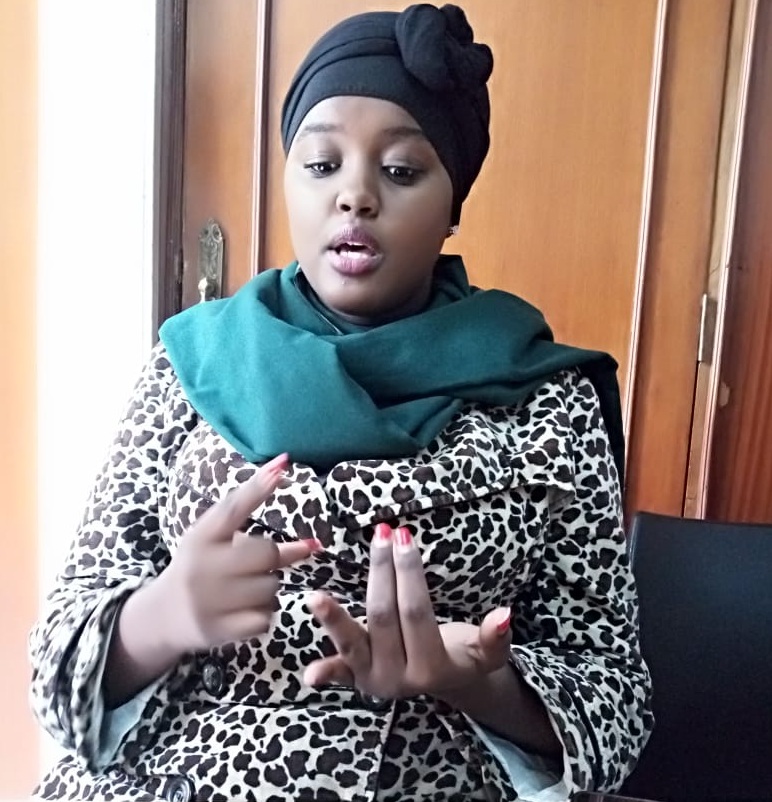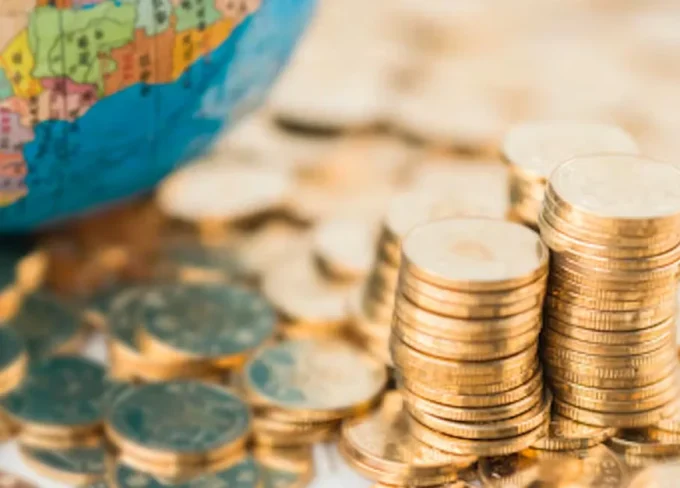[dropcap]E[/dropcap]arning your first salary is the best thing every graduate dreams of, but knowing what to do with it is far from simple. This is, perhaps, because many of us are never taught the basics of money management or the impulsive reactions that it comes with.
While many end up in high end joints with their friends for some bites and drinks, other visits boutiques to change their wardrobes. This is but the beginning of money problems unless soon addressed.
BT spoke to Jackline Mugo, a certified investment adviser, about the smartest things to do with your money when you start earning.
Before throwing an expensive bash, thinking of a vacation or going on a shopping spree, consider these money moves.
1. Seek financial management tutorials
According to Ms Mugo, you can start seeking for financial advice long before you have the cheque in hand or the money hands in your bank account. This, she says, will give you a better guide and knowledge on how to prioritise your spendings, doing your budgets and starting early savings.
“ Many people who lack financial management skills do not actually know what to do with their cash. As a result, they might end up squandering the whole amount and more especially when they know that they are on payroll,” she says. Your money will always wait for you so take time and understand how to manage it before making a move.
2. Settle you debts
First jobs come with their own challenges. For example, lack of fare to your workplace can compel you to borrow from friends or relatives with the hope of paying with your expected salary. Before you do this, you need to do your maths and know the amount of debt you can pay with ease.
“ Never go for debts that will take you long to pay. When you get your money, prioritise clearing all the debts so that you can have easy in planning with your cash,” she says.
Paying debts on time also increases your credit rating among friends and relatives when you get back to them for more debts. Do not go for debts if you can survive on minimal finance .
3. Start an emergency fund
This might seem to be a long term plan, yes, but remember sometimes life takes its own course. You can lose your job anytime, get sick or even find your house broken into and everything gone. It is important, according to Mugo, to have a safety net just in case. Ideally, you’ll never need this money — and it’s important to keep your hands off it for anything other than a real emergency.
ALSO SEE: FIVE SECRETS TO INVESTMENT SUCCESS
“ Having multiple accounts is one of the tricks that will help you keep off from this money until real emergency strikes. Always consider putting it in a high-yield savings account, which offers a higher interest rate,” she says.
4. Set specific saving goals for future expenses
Once you start earning, expect bigger expenses in future, such as buying a car, home or educating your kids. The earlier you start setting aside money for these expenses, the better.
” The most effective way to save for these big-ticket items is to have a certain amount of money automatically deducted from your bank account and sent to a savings account, says Mugo.

“Do it on the same day you get paid. You’ll never even see that money and it’s a really easy way to make sure you stay consistent with your savings.”
5. Get the insurance you need
Many people have the habit of evading insurance covers with a feeling that they can make monthly savings. However, according to Mugo, this might turn against you at the end of the day.
Buying the right insurance policy for your situation is critical to a healthy financial life. “Try and shop around for the best policy and start your contributions as early as possible,” she says.
Insurance, according to Mugo, is a very important part of our daily lives and as such, should be given a key priority. “ Never let it wait if you can pay it,” she adds.
6. Start some side hustle
Does this look unrealistic to you just because it is your first pay? If it does, then look at it positively. There are simple businesses that one can start with as low as Ksh 500.
READ: ARM CEMENT BANKS ON SHAREHOLDER LOANS FOR REVIVAL
“ Walk around, identify what is lacking in your area, you can capitalise on that to help you in other areas,” she adds. Starting a small business is also important because you will no longer rely on your salary alone since once it establishes itself, you can easily settle your daily expenses with the profit and invest your salary in other venture.













2 Comments